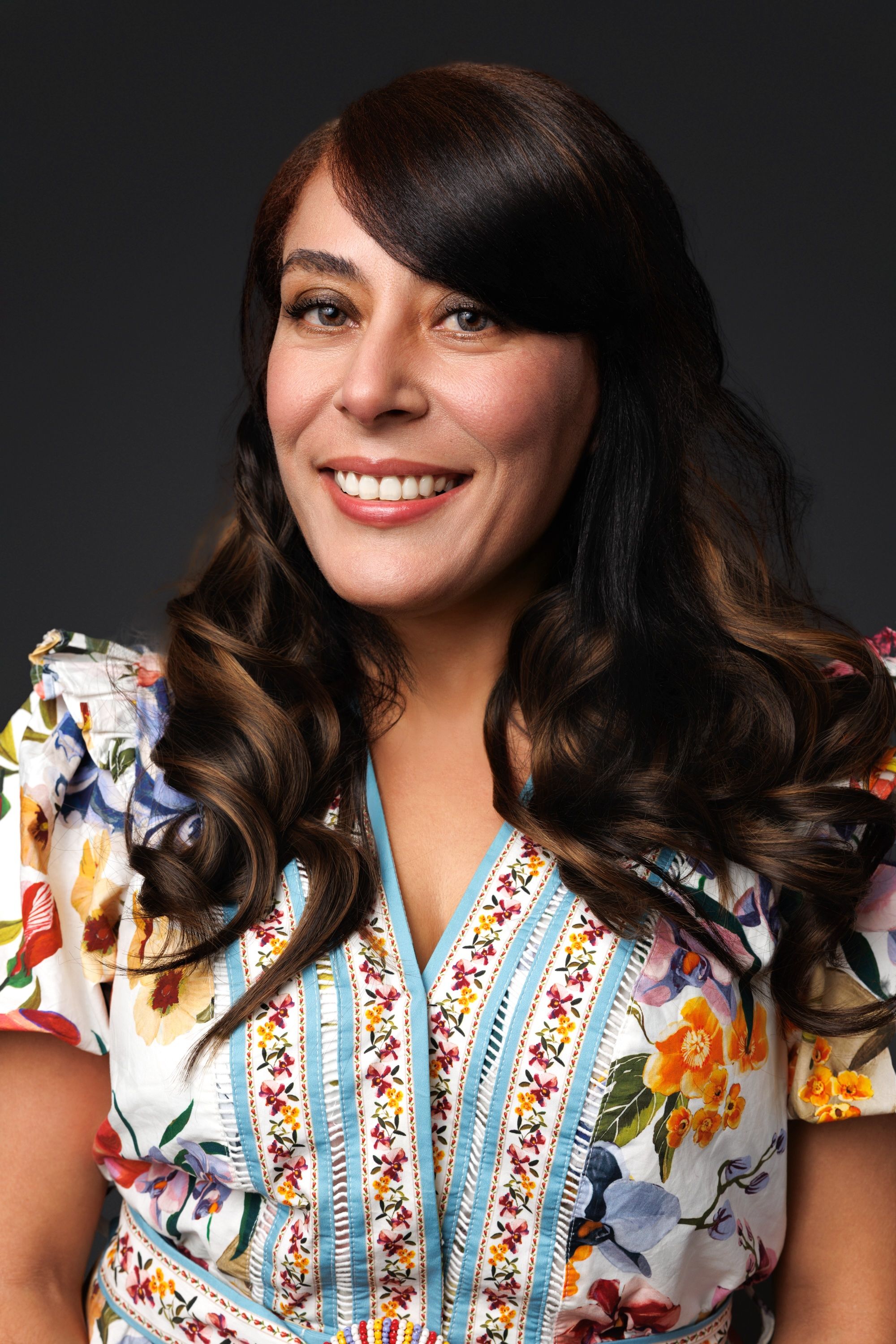Netflix Fans Turn to Fitnescity’s DEXA Scan Network Amid Heated Debate Over New Documentary "You Are What You Eat"
January 16, 2024
The Big Conflict of Nutrition Philosophies
Hit Netflix Documentary “You Are What You Eat: A Twin Experiment” is creating a big divide between proponents of a plant-based diet and the rest of the world.
The documentary is based on a Stanford study that follows 22 sets of genetically identical twins as they go on opposing diets: ominvore and vegan.
According to the twin study, here are some of the benefits that the participants have seen:
Improved heart health: those on a plant-based diet already had lower levels of LDL cholesterol, which is a major factor associated with heart disease risk.
Better gut health: British epidemiologist Tim Spector explains that “Our gut microbes produce all of the chemicals that keep us alive and help us live longer.”
Decreased Biological age: As opposed to chronological age, which is based on your date of birth, biological age reflects how old your cells are, and can change as you make lifestyle changes.
While some agree and celebrate the above (and may have gone as far making drastic changes in their diet), others accuse the documentary of being a vegan diet commercial that cherry-picks statistics. For example, the critics blamed the documentary for downplaying muscle loss, which was measured though the DEXA scan.
Amid this confusion, many viewers decided to conduct their own experiments, including through the use of the DEXA scan. As the largest network of DEXA scan locations, Fitnescity is honored to help everyone make informed wellness decisions.
What is a DEXA scan?
A DEXA scan is a high-precision type of X-ray that provides a comprehensive picture of your body composition. This includes a breakdown of fat mass vs fat-free mass, body fat distribution, bone density, comparison with healthy ranges and population data (percentile, Z-score).
If you do not have enough muscle or if you have too much fat, you should aim to decrease your fat mass, while maintaining or increasing your fat-free mass. If your bone density is lower than normal for your age, it indicates a risk for bone fractures. DEXA stands for dual energy X-ray absorptiometry.
Where can you get a DEXA scan?
Most of the time, the DEXA scan is notoriously hard to find, as it has been traditionally used by the medical community to test exclusively for Bone Mineral Density. Fitnescity is the national leader in DEXA. The Fitnescity platform connects you with over 500 partner locations nationwide.
What information do you get from a Fitnescity DEXA scan?
While individual location results may vary, a DEXA scan with Fitnescity typically includes the following,
Fat Mass
Lean Mass
Visceral Adipose Tissue
Bone Mineral Density (BMD)
Comparison with your age range
Body fat distribution by region (arms, legs, waist and hips).
Android (waist) Fat and Lean Mass
Gynoid (hip) Fat and Lean Mass
Android/Gynoid ratio
BMI
1:1 review with MD (after you receive your results online)
The DEXA scan is often offered in combination with other tests such as the RMR and the VO2 Max
Why is a DEXA scan important for your general health?
DEXA measures lean mass (such as muscle) and fat mass. Having these at the right level is critical for your health.
DEXA provides a good estimate of your Visceral Fat, also known as organ fat or intra-abdominal fat, is located inside the abdominal cavity, packed between the organs.
Visceral Fat directly increases your risk of for diabetes and heart disease. Too much visceral fat also raises the risk for gallbladder disease and breast cancer in women and may lead to worse outcomes for individuals who have cancer.
DEXA evaluates your bone density. About half of all women over 50 will experience a broken bone at some point. Those injuries can lead to major setbacks in function and independence from which some never fully recover. Having strong bone density is essential for your quality of life and overall longevity.
Do you need a referral for a DEXA scan?
With most providers in the U.S., you do need a referral for a DEXA scan, even if you are doing it exclusively for body composition and weight management purposes. With that being said, Fitnescity processes your order as you submit your appointment request. You do not need to visit your doctor (or any doctor). The entire process is handled remotely for you.
What is the cost of a DEXA scan?
When completed under the right conditions, DEXA typically costs $100-250 per scan. It varies by geography and provider. Some providers may offer the test in a van, as opposed to a traditional clinical setting, in order to reduce costs. However, the machine may not produce the most accurate results under such circumstances.
How can you schedule a DEXA scan?
Regardless of your location, Fitnescity makes it easier for you to access a DEXA scan:
Enter your ZIP code on Fitnescity.com and receive suggestions of DEXA scan locations near you.
Receive complimentary physician referral from the comfort of your home.
Request an appointment.
Receive results through Fitnescity’s advanced digital dashboard (no more paper results to store in your drawer).
Receive complimentary 1:1 review with a board-certified physician who specializes in reviewing DEXA scans.


